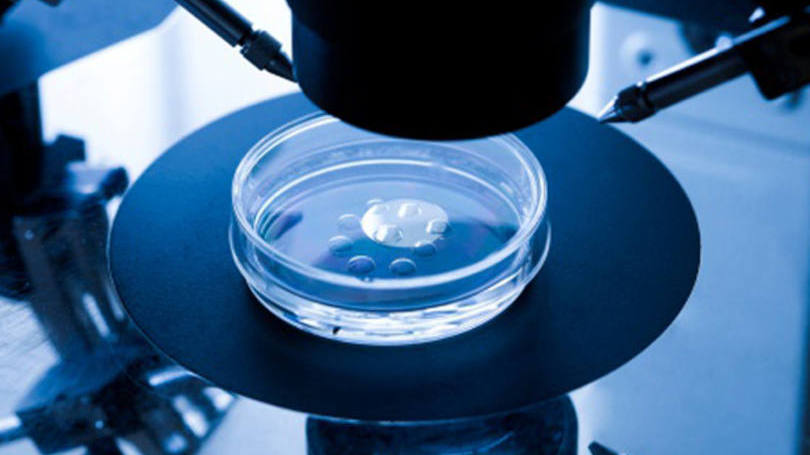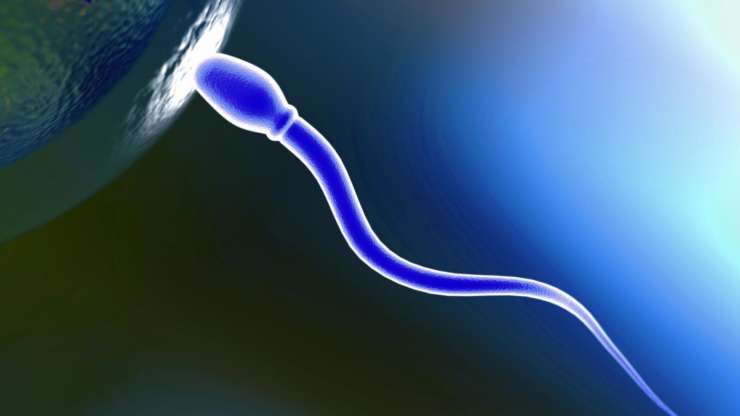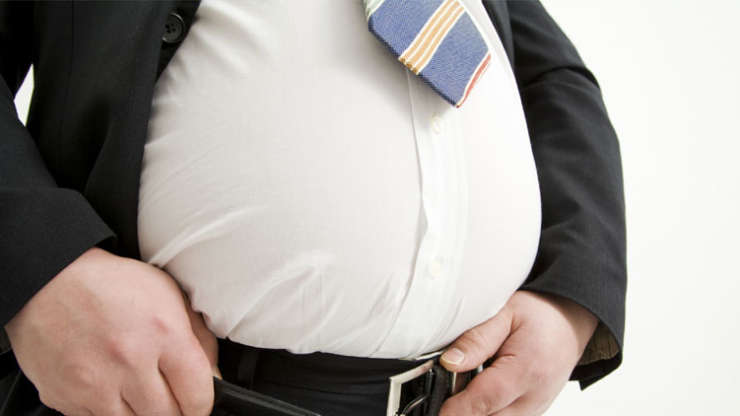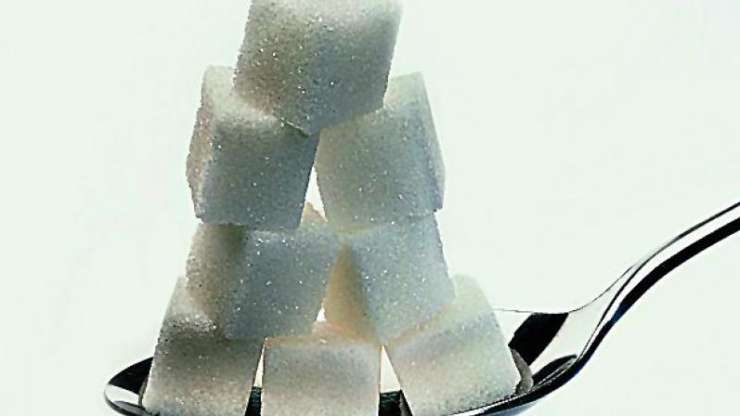Driving in the light mid-morning Lagos traffic of Saturday 2nd June 2018, I suddenly became engaged with the tune playing on the car radio. As a music enthusiast, I reflected on the song titled: Try Again, by the famous 22-year-old black American singer, actress, and model—Aaliyah—who was killed tragically in a plane crash few months after the song’s release in…











